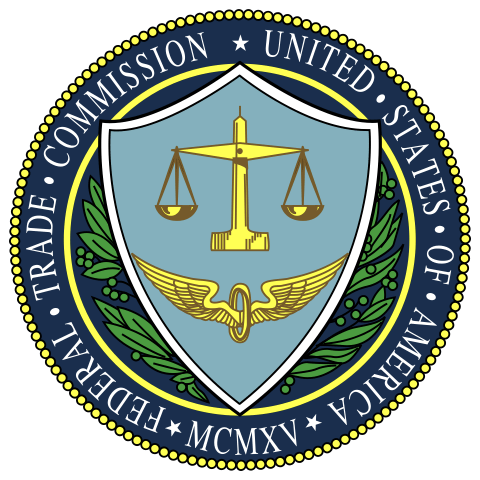
Left to right: David Livshiz, Timothy Howard, Andrew Gladstein, Peter Linken, and Seve Kale (photos courtesy of authors)
A recent Second Circuit decision underscores that decentralized crypto exchanges with no claimed “home” jurisdiction face a substantial likelihood of exposure to U.S. securities laws. In Williams v. Binance, 96 F.4th 129 (2d Cir. 2024), the Second Circuit held plaintiffs adequately alleged crypto token purchases made on Binance’s trading platform by U.S. persons were domestic transactions and subject to U.S. securities laws on two independent grounds. First, it was plausible that plaintiffs’ purchase orders were matched with sellers on servers located in the U.S. Second, Binance’s Terms of Use stated orders became irrevocable once they were sent to Binance, which the plaintiffs alleged occurred from their homes in the United States. The Court’s extraterritoriality analysis focused on Binance’s express disclaimer of a physical presence or geographical headquarters and the inapplicability of any other country’s securities regime. These factors created the possibility of a regulatory vacuum absent imposition of U.S. securities laws. Underscoring this point, the Court reasoned that “[e]ven if the Binance exchange lacks a physical location, the answer to where [it matches transactions] cannot be ‘nowhere.’” Williams, 96 F.4th at 138.
It will take years before the full implications of Williams become clear; but what is already clear is that U.S. courts are likely to be skeptical of corporate structures that appear to leave a company immune from litigation anywhere. This skepticism is particularly relevant to crypto exchanges and other decentralized actors, which may not have or maintain a traditional “home” jurisdiction or base. Such decentralized actors may wish to consider taking steps to reduce the risk of exposure to U.S. securities laws, including affirmatively establishing a domicile outside the U.S. by opening a non-U.S. office or otherwise formally submitting to regulation by another nation, using servers data centers, and other computer network infrastructure outside of the United States, and drafting terms of service or other contractual agreements to provide that transactions become irrevocable in a location outside the U.S.
Continue reading →










